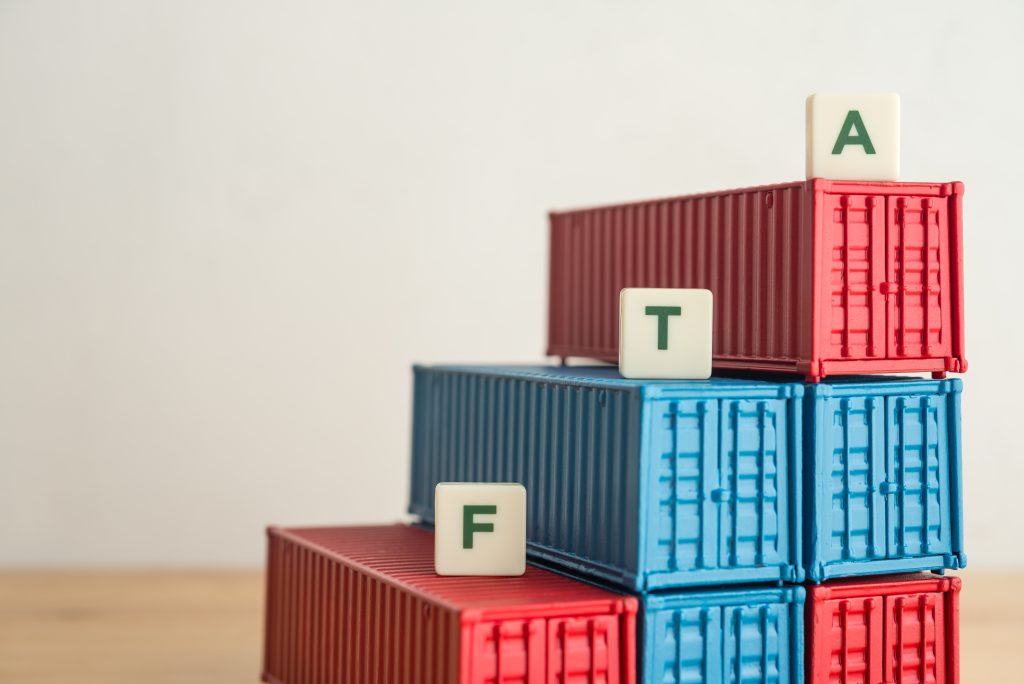Currently, there’s a heightened interest in Europe to accelerate discussions with the Gulf Cooperation Council (GCC) concerning a free trade agreement. This surge in eagerness comes at a time when the world is witnessing escalating trade conflicts, even among Western economies that have traditionally championed free markets.
Amidst a backdrop where economic globalization and free-market ideologies are experiencing significant hindrances, the European Union is keen on forging a trade liberalization pact with the Arab Gulf nations. This is despite previous failings to achieve broad market globalization through similar ventures.
Statistical data from 2022, a year marked by the onset of the Ukrainian conflict, indicates that the Gulf’s exports to Europe climbed to a substantial $92 billion from $43 billion in the year prior. Concurrently, European exports to the Gulf region saw an increase to $93.5 billion in 2022, up from $77 billion.
By 2023, exports from Europe to the Gulf surpassed the $101 billion mark, whereas imports from the Gulf to Europe were recorded at over $82 billion. The minor dip in the Gulf’s exports to Europe can be attributed to the reduced average prices of energy commodities that year.
The statistics underscore the mutual benefits that propel the free trade agreement talks forward. The conflict in Ukraine has significantly heightened Europe’s reliance on Gulf petroleum products, a fact reflected in the trade volume between the two regions.
Gulf states have shown an increased appetite for European technological solutions, as part of their strategic initiatives in healthcare, power generation, desalination, renewable energy, and educational institution development.
Adding to the EU’s urgency is the progress of talks between China and the GCC, which could culminate in their own trade liberalization agreement. The EU fears losing its competitive edge in the Gulf market and is thus motivated to secure a similar agreement with the GCC.
Moreover, Russia’s announcement in May 2024 that it is pursuing trade agreements with countries in the Middle East, Africa, and Asia adds to this urgency.
European markets have begun to address concerns related to the Gulf petrochemical industry. European firms are increasingly importing essential plastic manufacturing materials due to spiking energy costs and production expenses, making their stakeholders more amenable to engaging with Gulf markets rather than opposing trade liberalization.
Although the free trade agreement is expected to undergo extensive negotiations, the potential is there for a mutually advantageous outcome.
If the Arab Gulf states succeed in developing their trade with Europe while maintaining strong ties with India and China, they could become a pivotal economic link between the East and the West. This is particularly relevant as nations like the UAE, Saudi Arabia, and Oman invest in commercial shipping infrastructure, setting the stage for a new era in global trade dynamics.
